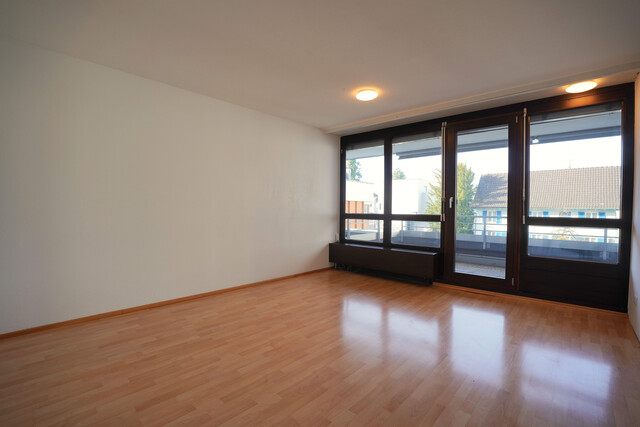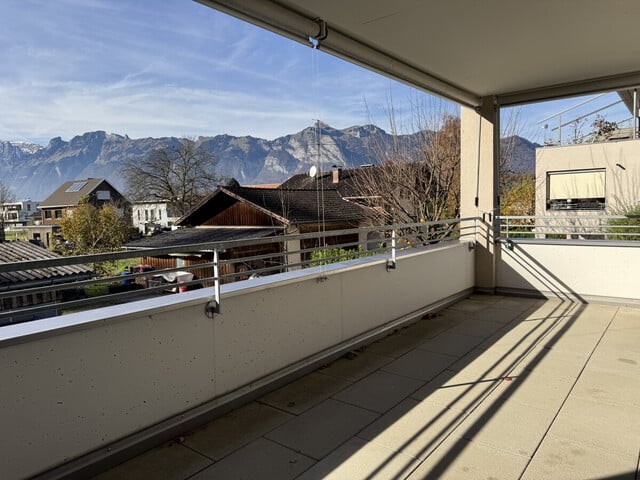Wifo: No Substantial Market Distortions Due to Rental Package
The government's planned rental package, which includes a cap on rent increases starting at an inflation rate of 3 percent, does not lead to substantial distortions in the housing market, according to an analysis by the Economic Research Institute (Wifo). This limitation of value preservation is "overall a defensible measure, but its impact should not be overestimated," the economists wrote on Tuesday.
For value preservation is only responsible for part of the rent development, especially in private rents, inflation has not been the strongest driver. However, the measure has a clear stabilizing function, as an inflationary spiral can be mitigated during phases of higher inflation.
However, from the perspective of landlords, indefinite rental agreements would become even less attractive. The already existing incentive for fixed-term rental agreements is visible in the statistics. In 2012, over 60 percent of rental agreements were fixed-term, and by 2024 it was already 73 percent, according to Wifo. Additionally, long-term rental agreements over 5 years in the private sector have become extremely rare, at only 4 percent.
The government's rental package stipulates that in the event of inflation between two years of more than three percent, the portion exceeding three percent may only be passed on to tenants by half. Additionally, the rent cap in the regulated sector will be extended. The minimum term for all rental contracts concluded or renewed from January 1, 2026, will increase from three to five years.
Increase in Fixed-Term Contracts Stabilizes Housing Situation
The increase in rental fixed-term contracts "undoubtedly stabilizes the housing situation for tenants," the economists wrote. The overall rent level will only be influenced in the short term, as landlords will now adjust rents to the market level after 5 years instead of 3.
However, Wifo views the dampening of rental prices in category rents, i.e., in the regulated sector, critically. The very low price level (1.1 to 4.5 euros per square meter) encourages the hoarding of living space, as the large differences to market rents (up to 10 euros per square meter) would make moving uneconomical. That rent increases in this segment would also be dampened is "counterproductive from an efficiency standpoint".
Because the spatial distribution of apartments in the regulated sector is very unequal. 80 percent of category rental apartments are in Vienna. There are also hardly any distribution policy reasons for the measure, as only a very small proportion of category rental apartments are occupied by low-income households.
In contrast, a different picture emerges with benchmark rents, as the price level is not so far from free market rents - mainly due to surcharges such as the location surcharge. On average, the difference is only around 2 euros per square meter. In addition, more low-income households live in benchmark apartments, which makes a dampening from a distribution policy perspective "easier to understand".
The category rent applies to rental contracts concluded between 1982 and 1994 and subject to the Tenancy Act (MRG). The benchmark rent, on the other hand, applies to rental contracts concluded thereafter. Unlike benchmark rents, which are basically adjusted to inflation every two years on April 1st, category rents increase whenever the average price level has risen by five percent since the last increase.
Wifo for Revision of the Surcharge Catalog
The Wifo proposes a revision of the rental surcharge catalog and a uniform calculation of location surcharges to minimize legal uncertainties surrounding the various surcharges. According to the economists, tightening the consequences if the legal rules are not followed could also be considered.
Furthermore, the Wifo advocates including short-term rental contracts in the benchmark system to increase incentives for longer contracts. Landlords would then have the choice of whether they prefer a capped rent for a short term or a higher rent for a longer-term or indefinite rental period. Alternatively, rent adjustments in ongoing contracts could also be allowed - especially if the tenants more or less determine the rental period, this would be conceivable.
Affordable housing cannot only be achieved by intervening in rents; the creation of living space is also a core task of housing policy. Rent regulation, on the other hand, serves "as a vehicle for balancing interests between tenants and landlords."
(APA/Red)
This article has been automatically translated, read the original article here.
Du hast einen Hinweis für uns? Oder einen Insider-Tipp, was bei dir in der Gegend gerade passiert? Dann melde dich bei uns, damit wir darüber berichten können.
Wir gehen allen Hinweisen nach, die wir erhalten. Und damit wir schon einen Vorgeschmack und einen guten Überblick bekommen, freuen wir uns über Fotos, Videos oder Texte. Einfach das Formular unten ausfüllen und schon landet dein Tipp bei uns in der Redaktion.
Alternativ kannst du uns direkt über WhatsApp kontaktieren: Zum WhatsApp Chat
Herzlichen Dank für deine Zusendung.








